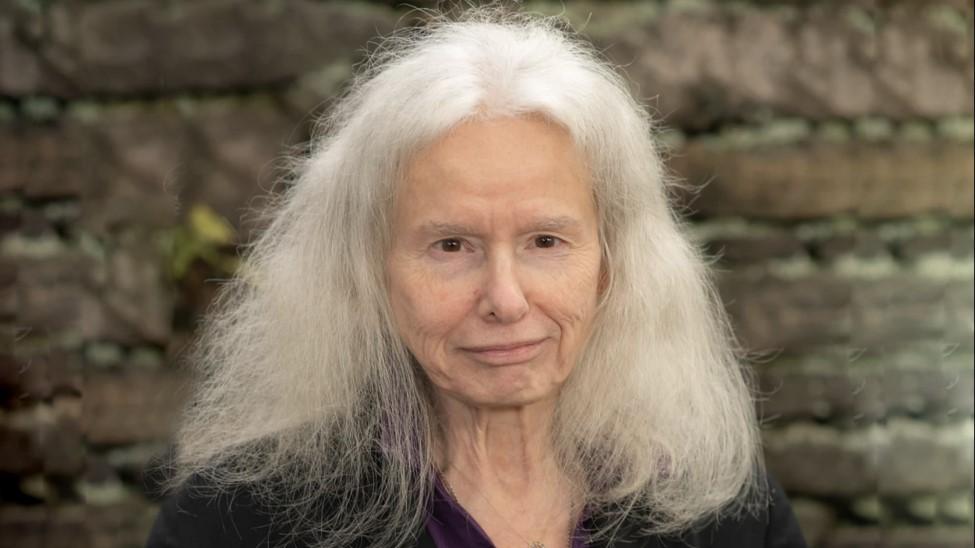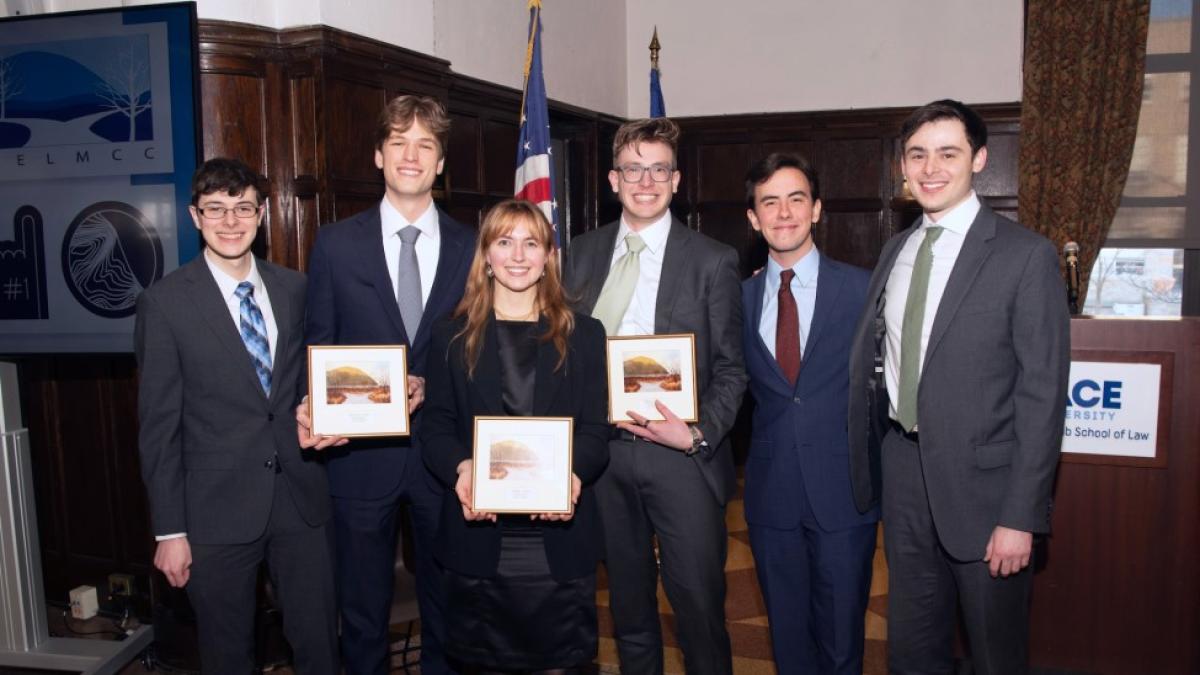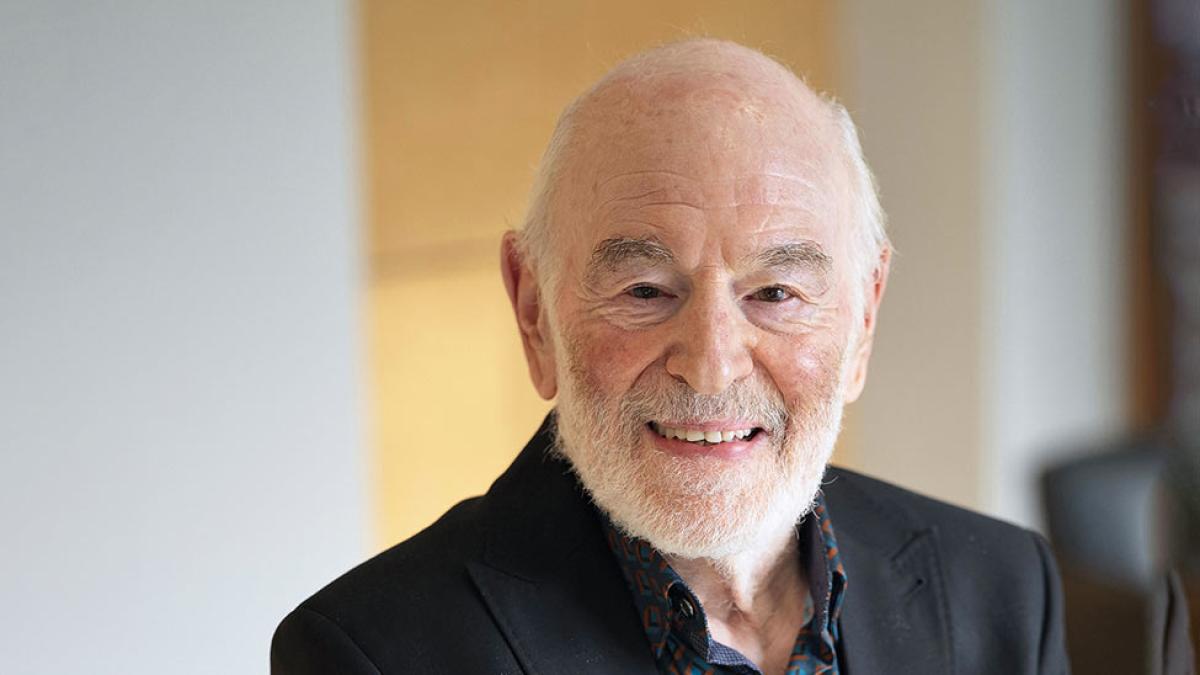
Professor Vanessa Merton Posthumously Recognized with 2024 Ottinger Award for Faculty Achievement

The Elisabeth Haub School of Law at Pace University is proud to announce that the 2024 Ottinger Award for Faculty Achievement has been awarded to Professor Vanessa Merton posthumously. The Richard Ottinger Faculty Achievement Award is awarded annually by the Faculty Development Committee, in consultation with the Dean, in recognition of a full-time professor’s outstanding service to the law school, the legal profession, or both. The award generally is based on the faculty member’s outstanding service during the previous academic year.
Professor Katrina Fischer Kuh, chair of the Faculty Development Committee, remarked: “While dealing with grave illness, Professor Vanessa Merton dedicated significant time and energy, at a moment when both were precious to her, to the Pace Immigration Justice Clinic. From spearheading outreach efforts to help recruit highly qualified candidates to lead the Pace Immigration Justice Clinic, to contacting alumni and colleagues for their continued support of the Clinic, to working with family to help establish and fund the Vanessa Merton Immigration Justice Fellowship, Vanessa displayed outstanding service of the highest order, as she did throughout her career. This recognition in the form of the Ottinger Award for Faculty Achievement is a small way in which we can honor the time and energy that Professor Merton dedicated to the IJC over the last year, which will greatly benefit the Clinic, its clients, our school, and our students.”
The Ottinger Award for Faculty Achievement is named in honor of Richard L. Ottinger, who served in the United States House of Representatives for eight terms, from 1965 to 1971 and from 1975 to 1985. Ottinger was Dean of the Law School from 1994 to 1999 and is the founder of the Pace Energy Project, now known as the Pace Energy and Climate Center. Learn more about the Richard Ottinger Faculty Achievement Award and other faculty designations and awards.
Professor Vanessa Merton began her legal education career at New York University School of Law, and was a founding faculty member of CUNY Law School, and a Mellon and National Endowment for the Humanities Fellow. She joined Haub Law’s faculty in 1989 and served as Associate Dean for Clinical Education and Executive Director of John Jay Legal Services, while creating and teaching clinics in Access to Health Care and Prosecution of Domestic Violence, and innovative programs aimed at providing legal services to those in need. In 2005, Professor Merton founded the Pace Immigration Justice Clinic and served as its Executive Director until early 2024. In this role she was a steadfast advocate for her clients and a role model for Haub Law students — providing representation on applications for asylum or family-based status, in removal proceedings at state and federal detention facilities, and on petitions for crime victims and juvenile immigrants. She assisted travelers detained at airports under the 2017 Trump Executive Orders, spent spring breaks volunteering at immigrant detention centers on the southern border, and established a 200-student emergency operation to assist people affected by 9/11. She was also a passionate advocate for protecting the rights of all American voters. Professor Merton passed away on July 15, 2024, and is fondly remembered as a teacher and mentor to generations of Haub Law students, many of whom she inspired to pursue careers in immigration justice or as public interest lawyers.

